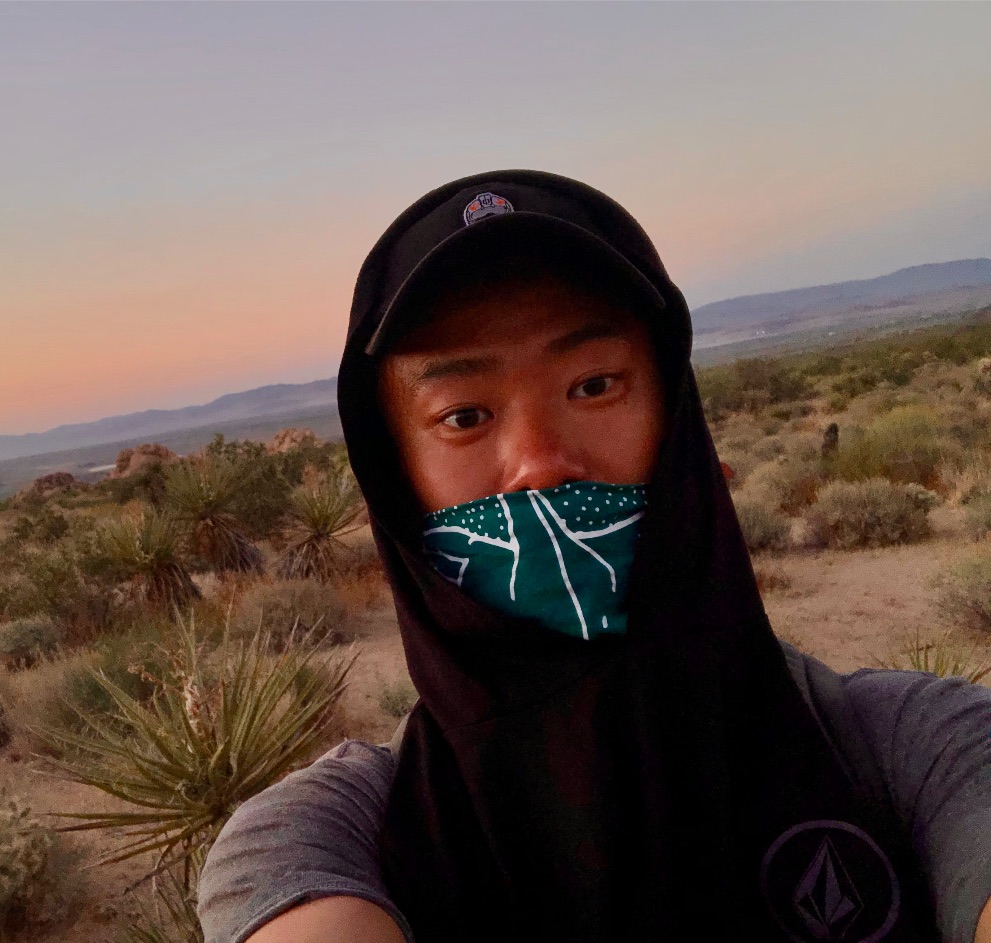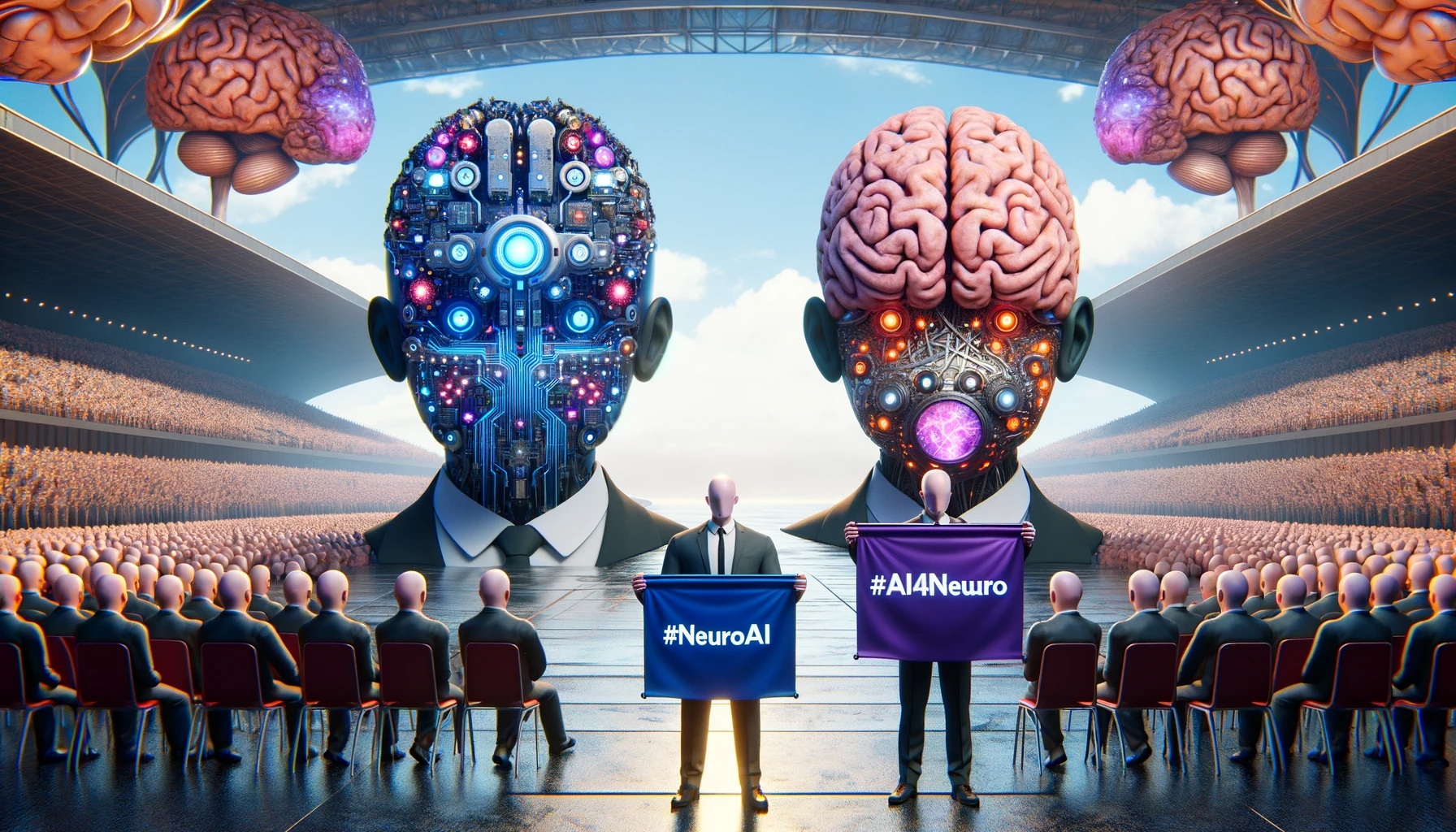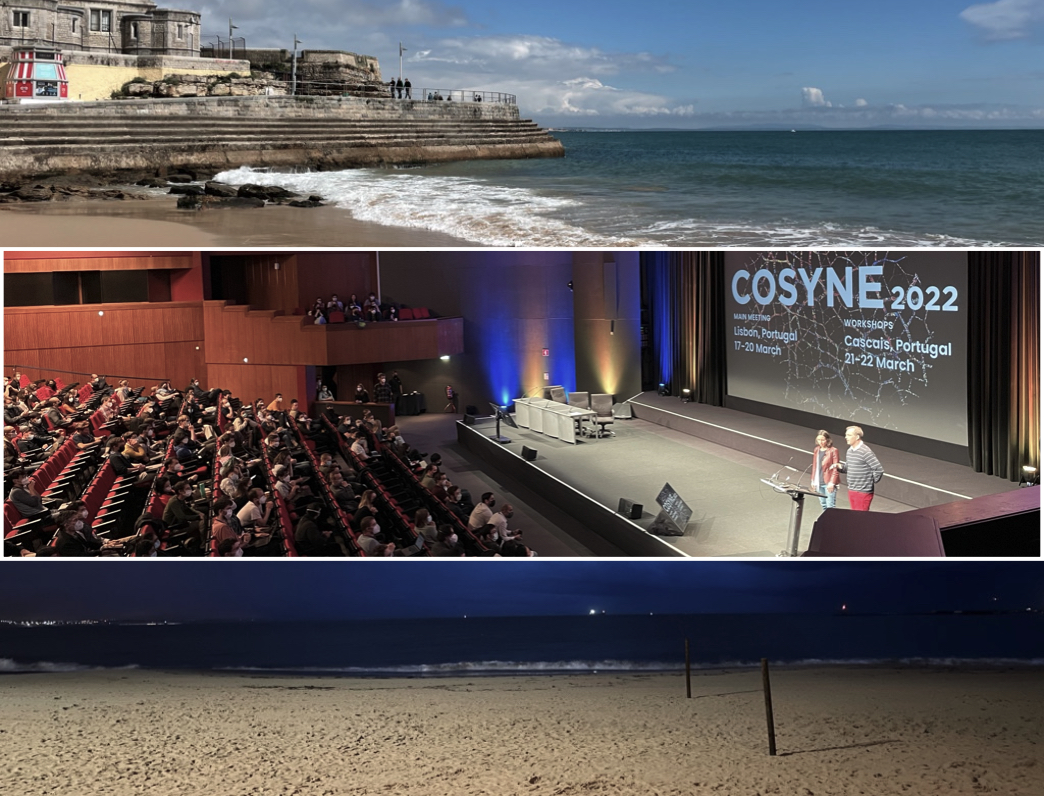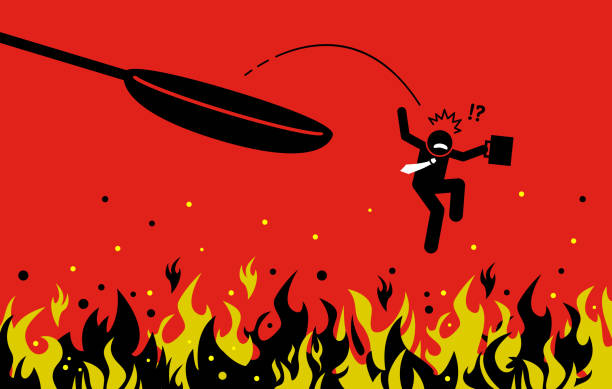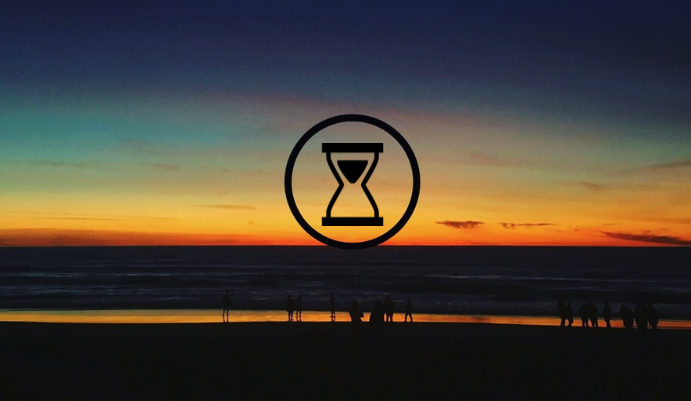March 26, 2017
Obviously, spoiler alert. If you haven’t seen Get Out and are intending to see it, stop reading. If you have (or don’t plan on doing so), do continue and let me know if you took away any of your own metaphors.
tldr: watched a horror movie; shattered my sense of identity; can’t imagine the shit black people have to deal with; I will start wearing a metaphorical tinfoil hat from now on.
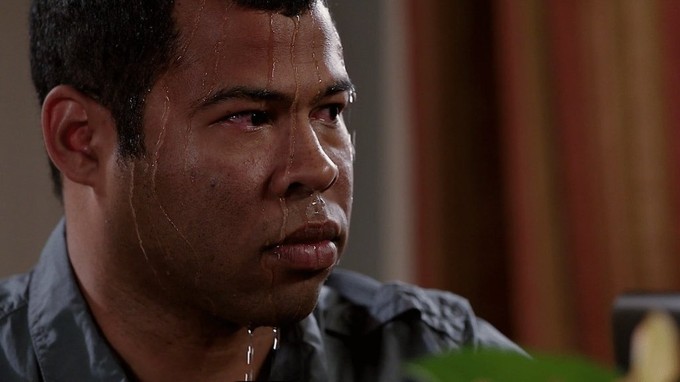
I don’t usually watch horror films, and when I do, I almost never get creeped out the way they are intended to creep you out. Of course, something suddenly popping out of the screen gets a nice squirt of adrenaline into my veins, but afterwards, I never think twice about the movie. I think this is because I’m a very literal person, and for a horror film to take hold of you after you go home and make you run up the basement stairs after the lights go off, you have to buy into the metaphor. Usually, the metaphors themselves are very literal: a supernatural being is hiding in the dark; a serial murderer is looking for you; fate has marked your preeminent and violent death. I was baptized in the church of physics, so ghosts and grungy girls groping me through my television are more laughable than gruesome; and to not die at the hands of a serial murderer, just follow your common sense, run the hell out of there, and don’t trip. In short, either I haven’t watched a lot of quality horror films (I haven’t), or they’re just not my thing - which was why this movie gave me extra creeps.
To be honest, throughout the film, I thought it was just okay: there were good comedic moments, and the horror/racial tropes were cringeworthy enough to be enjoyable. But as a whole, my literalness fixated on the horror being conducted on screen, namely, white people displacing the souls of black people and taking over their bodies as their own. Neither the hypnosis nor the neurosurgery made a drop of sense, and so the whole plot was reduced to a complicated and farcical story to string together an array of racial jokes, as a way to flip off well-intending and fully racist white folks alike. Don’t get me wrong, none of that is a bad thing. I can fully get behind ironic and comedic exposure to the ways minorities are mistreated, but I suppose I was unsatisfied because the film wasn’t any more than watching a bunch of Key and Peele sketches in one sitting, which, again, while enjoyable, maybe doesn’t deserve its outstanding Rotten Tomato ratings. As Chris is saved by his goofy friend, my relief for our protagonist is mixed with confusion and disappointed. Had I just not gotten why everyone loved it so much? Maybe I was aware enough of the ways black people are (mis)treated to be mildly entertained as oppose to enlightened? But as the last 10 seconds of the film unfolded, as said goofy friend backed the car out, the screen fixated on Chris’ face: it wasn’t a face of relief, knowing that he had been saved from the final horror. It was a face of horror itself, of confusion and uncertainty. And somewhere in that last 10 seconds, it suddenly hit me like a punch in the face, time stopped and I was suddenly hyper-aware of me and my surroundings as the lights cut on. I think I got it. Or my version of “it”, whatever it is.
My family moved from China to our current home of Toronto, Canada in 2002, when I was a young Chinese boy 11 years of age. Somehow, we stumbled into an upper-middle class neighborhood around Sheppard and Bayview. (If you don’t know what that’s like: we had an upscale mall with no McDonalds but an A&W.) Of course, we had close to no money (or so I believe, since they never bought me those goddamn YuGiOh cards), and lived with another Chinese family in an apartment suite meant for one small family. The adults took up the two bedrooms, which in my memory was really only big enough for a bed, which I had to sit on to use the desk because there was no room for an extra chair. The two boys - me and the other family’s son a year older than me - bunked in the living room. Not as a den-turned-bedroom thing that people living in downtown condos do now, but just two beds in the living room next to the TV. We had become familiar with two other Chinese families in the apartment complex and that, along with our roommate family, was my parents’ closest acquaintances for those couple of years. I write all of this not as a sob story demonstrating how poor and unprivileged we are, but to say that I had absolutely no clue any of this was abnormal in any way. Later on in life I would learn that this is actually a common experience for Asian technology- immigrant (as opposed to investment) families, but that was not what made the situation normal for me. For me, it was normal because I was at an age trying to normalize absolutely everything I could around me.
There are, however, more foreign things that I’ve normalized and normalized myself into that I never fully consciously chose. The natural consequence of living in an upper-middle class neighborhood in Canada was that I lived around and went to school with predominantly white people. Not hipsters or hippies, and as far as I can tell, not Canadian rednecks. Just regular, normal white families in faux-suburbia. I still don’t fully understand the struggle to fit into an entirely different world as a budding teenager or an immigrant, but I imagine it was pretty confusing, and I was trying to soak up as much white culture as I could. For whatever reason, I realized that to be accepted in this new social hierarchy, I had to disassociate myself from friends that are “too Asian” as well as not act like such myself. There were, of course, Asian people in the community, but only the westernized Asians had any luck in being integrated into the vicious world of middle school preteens. And so, I tried to make white friends, did white people things, liked white girls, and tried to dress like white boys (who, ironically, at the time, tried to dress like black rappers - 3XL single-colored t-shirts and pants at the waist.) My parents probably thought I was messed up, but I think they were just happy that I got on okay with school. Thinking back, I’ve made some life-long Asian friends throughout my life that were “real Asians” deep down but were just as good at pretending that they were not. In any case, I had always chalked that weird period up to being a child desperately adjusting to a situation that would’ve been formative even for a native child, and while that WAS the reason, I never really considered the consequence that that served as the pervasive foundation of my new found identity. Thank god for Tupac and Eminem for intervening, but that’s a story for another day.
There is an implicit and unwavering certainty in my dedication to studying the brain from a biological and physiological perspective, which is that I believe changing any aspect ourselves must first come from, and is a result of, a change in the physical substrate of our self, the brain. That certainty, while almost certainly scientifically correct, made me blind to the fact that changes to the brain and our fundamental identity can occur without intentionally altering the brain via mechanical (surgery), electrical, or chemical (drugs) interventions. The magical thing about how we - all organisms with nervous systems - have evolved is that we are able to receive sensory stimulus through our eyes and ears and change how our brain is wired without any conscious intervention. I don’t know how, but this was the realization that came to me in those last 10 seconds of the film, and I suddenly understood our protagonist’s face of horror and uncertainty as a reflection of the terror that, after having been hypnotized repeatedly, would he ever be the same person again? The metaphor of the brain surgery and hypnosis-induced burial of self-identity materialized itself for what it really stood for: unconscious integration of an external culture into our own identity. Having the shot of adrenaline definitely amplified this paranoia, but in that moment, I sat there in the theatre, a single Asian person surrounded by matrices of white movie-goers on a Saturday night, wondering to myself: who the fuck am I? And how do I make everybody else get the fuck out of my head?
For those last 10 seconds of the film, and the credits afterwards, my face probably mimicked Chris’. To put it less dramatically, I was scanning through every single one of my preferences and aversions - food, fashion, music, values - for the subconscious infiltration of Western (white) culture. To put it more dramatically, my sense of identity was shattered. After the adrenaline washed away, I was less paranoid and I could entertain the thought of watching a TV show or reading the news again, but the question remained: which parts of my “self” had I unknowingly accepted as my own, subconsciously brainwashed into buying into? And which, more importantly, at a cost of my previous - original - cultural identity? That was my interpretation of the metaphor the film ultimately tries to impress upon us, in addition to, and almost orthogonal to, the literal racist treatments that black people receive from suburban white people. What sort of ideologies and qualities had we idolized without consciously choosing, because the dominant social structure dictates so? I use “we” very loosely here, because, obviously, I’m not black. In fact, I won’t really talk about the message as it is intended for African Americans, not because I don’t sympathize or think it’s important, but because I don’t have the authority or experience to speak on it. I can, however, talk about my experience as an Asian immigrant. And while there is in no way as complex nor dark of a history (or current social and political climate), I think my experiences were similar in that they were different from the predominant acceptable way of living life in North America, if not in the difference itself.
So who am I? Well, I’m not sure. Taken to the extreme, we are of course (mostly) a sum of our experiences. And while being situated in a Western culture can immerse us in one set of subconscious routines, our parents, friends, and people we meet also impart us with their own, sometimes inherited from THEIR own culture and power structures. The difference is, though, your parents have your best intentions in mind when teaching you values or how to represent yourself, and there is usually a rich cultural history behind those set of customs. The other? Maybe not so much. At the same time, I’m not saying any single white person is at fault here: not my neighbors and classmates who acted and dressed a certain way because it was their culture, and not even those who made fun of mine because it was foreign and different, because that’s what people do. Nonetheless, it shocked me to realize that a lot of things that I thought were “normal” not because they were, but because of the environment I was in. I’ll give you an example: packing sandwiches for lunch. My parents were of course perplexed with my request for sandwiches as my lunch items, instead of leftover rice and vegetables. And I requested them because that’s what “normal” kids did, and if I wanted to be cool, I had to be normal first, so sandwiches please. I don’t even like fucking sandwiches, but to this day, I still think that’s the normal item of choice for lunch. That is, of course, a harmless example, but there are examples that are not so innocent, like subconscious values or the way we try to shape our mental and physical selves. Again, I don’t want to do a disservice to the way this film aims to represent the black struggle, but a simple Googling should suffice your further curiosities.
I will end with this, and I will try to not sound like a paranoid conspiracy theorist: if anyone is concretely at fault here, it is the media. Again, I’m trying to not sound crazy here, but in my opinion, that is the reason why the takeover process in the film is completed via sitting in front of the television, and why Chris was watching TV when his mother died - it’s a metaphor for foregoing his own (root) identity because he was locked into something that told him what he should be instead. I’ve understood for some time now that how media portrays something influences the way we think about that thing. But last night was really the first time that I had the jarring realization that the way media portrays something influences the way we ARE, through influencing how we think about ourselves in relation to what is portrayed as “normal”. This, with full respect to the ways it could be and IS used to propagate dominance over racial and cultural groups, goes beyond just that. This is not just a black vs. white people thing, this is those who have control over content vs. those who don’t.
Incredibly, the theme of this movie converged on what we’ve been experiencing for the past little while now, with reference to our current political “situation”, that hyper-connectivity benefits those who control the communication channels the most. I’m an independent content creator and I have a blog, which means that there probably will be 3 times as many people who read it than had I not been able to share it on Facebook and Twitter. A step up, if I were a consumer product conglomerate, I would be able to buy an ad that lets 1000 times as many people see it by recommending it through Facebook or Google Ad. But if I was really, really rich, I could, theoretically, tailor your online experience exactly the way I want to. Post election night, we focused a lot on “echo chambers” within our own social networks, and that is obviously one component of the bigger problem. But we can’t ignore the fact that somebody actually has control over this stuff, be it social media or actual media. Mark Zuckerberg (and his engineers) probably didn’t actively influence the way Facebook bubbles shaped as much as Fox News worked to actively represent things in a certain light, but that doesn’t mean it’s less dangerous. If anything, the amorphous and invisible forces has no one to answer to and thus has no need for moral judgement.
Like I said, I considered stop watching TV and getting off social media altogether last night. Now that nerves calmed, I think trying to be more aware is probably a good first step. Going back to my conflict between being Asian and white: the infiltration of my mind by invisible social forces is jarring and unpleasant, and I’m not even that whitewashed. But on the flip side, mixing of cultures with white people, black and brown people, and other Asian people is part of what makes being an immigrant life beautiful in its own way (so says Mei, anyway). For now, I will probably just try to find my roots in soup dumplings and less tanned skin - fuck, I think Asian people like fair skin because of Western media influences in Asia.
Alright, tin foil hat back on.
